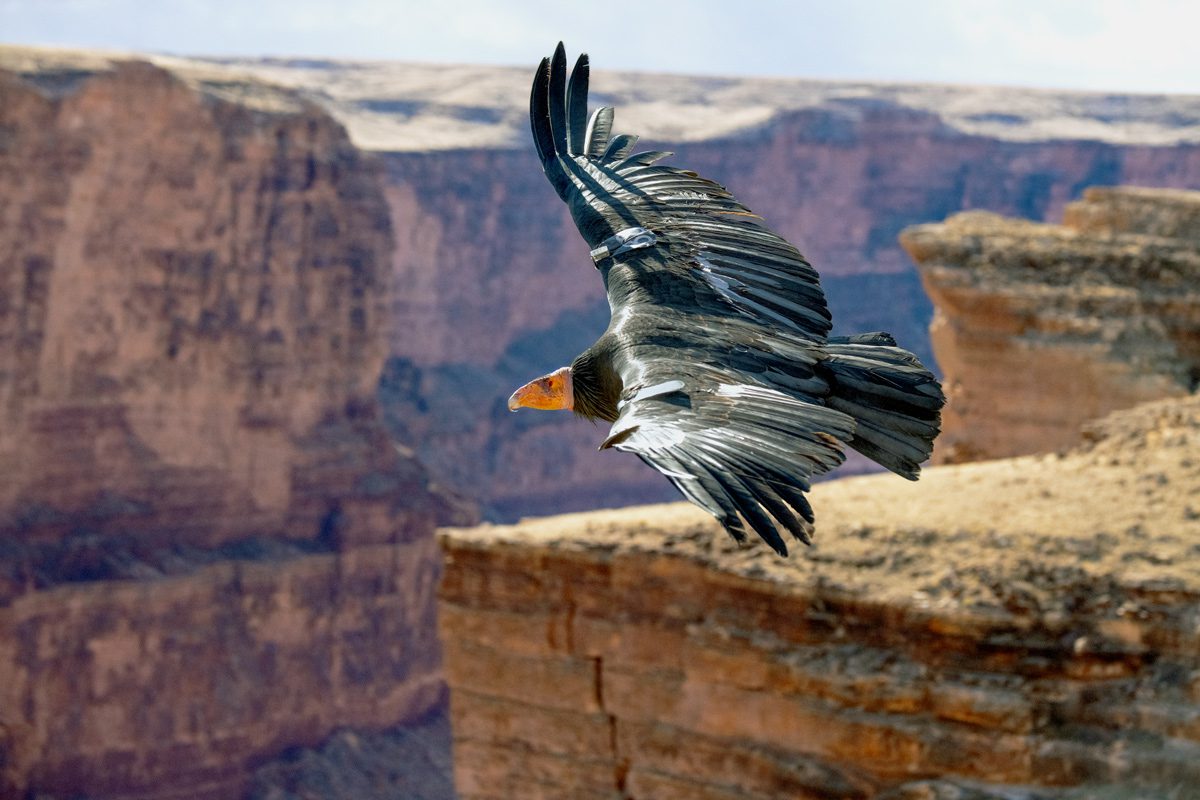
From the Spring 2023 issue of Living Bird magazine. Subscribe now.
The Recovering America’s Wildlife Act—a bill proposed to put nearly $1.4 billion annually into habitat conservation projects in every U.S. state and territory—was dropped in the final days of December 2022 in last-minute wrangling over a federal omnibus spending bill. The bill failed despite strong bipartisan support, with dozens of Republicans joining Democrats among the 194 cosponsors in the House of Representatives and 47 cosponsors in the Senate.
“Every one of us pushed hard to get this important policy enacted by the end of the 117th Congress,” said Rep. Debbie Dingell of Michigan, who sponsored RAWA, as the bill is known, in the U.S. House. “RAWA being left out of the Fiscal Year 2023 omnibus funding bill was not due to a lack of support for its critical provisions, but instead because we could not come to an agreement on a funding mechanism.”
Experts say that RAWA would be a game-changer for turning around declining wildlife populations in America by putting billions of dollars into habitat conservation and restoration. Habitat loss was cited as a primary driver of bird declines in 2019 research published in the journal Science that showed North America has lost 3 billion birds since 1970. Cornell Lab of Ornithology Center for Avian Population Studies Senior Director Amanda Rodewald says that dedicated funding to boost the State and Tribal Wildlife Grants program would be the biggest federal investment in wildlife habitat in over a century.
“Our grandparents’ generation knew that wildlife conservation is a long game, and they established the Duck Stamp and the Pittman-Robertson Act to create a lasting legacy,” wrote Rodewald in an op-ed coauthored with Ducks Unlimited Chief Conservation Officer Karen Waldrop that was published in The Hill newspaper in early December. “The opportunity to safeguard ducks and all wildlife is tremendous—to pass RAWA and carry forward that deep and abiding commitment to abundant wildlife as an American birthright, held in the public trust, that should be sustained forever.”
The fatal flaw for RAWA was its pay-for, or funding mechanism. The last version of the bill in the 117th Congress relied on revenue generated from a new regulation on cryptocurrency sales, but that pay-for couldn’t gain enough support among senators for final passage. RAWA’s backers say they’ll reintroduce the bill and try again in the current 118th Congress. [UPDATE: Senators Martin Heinrich (D-New Mexico) and Thom Tillis (R-North Carolina) reintroduced RAWA into the U.S. Senate on March 31, 2023, without a pay-for. The bill’s backers say they will seek a funding mechanism that can generate enough bipartisan support to ultimately pass the bill in both houses of Congress as a companion bill is introduced in the U.S. House of Representatives and the bill goes through negotiations in committees.]
“RAWA’s sponsors and proponents are motivated to build off December’s momentum and find a way to come together to enact this historic conservation legislation,” said Rep. Dingell. “Protecting America’s wildlife is not a partisan issue, evident by RAWA’s bipartisan passage in the House and bipartisan support in the Senate. We’re already working hard to find a pay-for that we all can agree on and I remain committed to working across the aisle to pass the bill early this Congress.”

